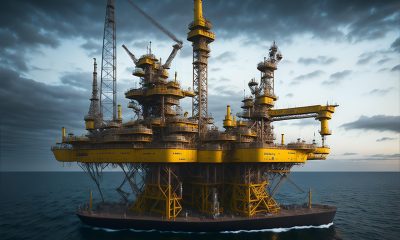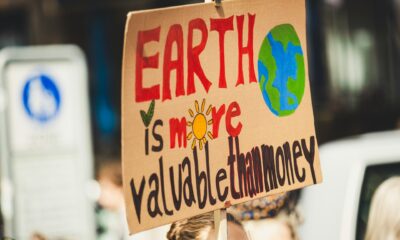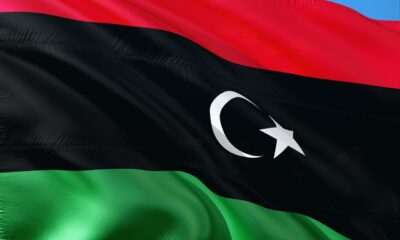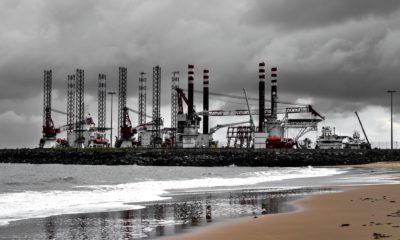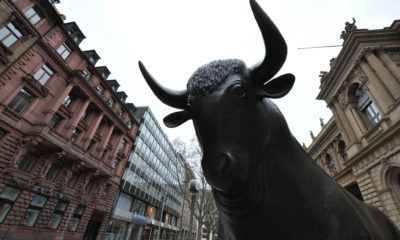Africa
The presence of armed mercenaries in al-Charara raises concern
Located in the Oubari region (about 900 kilometers south of Tripoli), al-Charara is run by Akakus, a joint venture between the NOC, Spain’s Repsol, France’s Total, Austria’s OMV and Norway’s Statoil. The president of the company has recently expressed his concern about the presence of Russian armed mercenaries on the field of al-Charara. However, Russia denies having any connection to them.
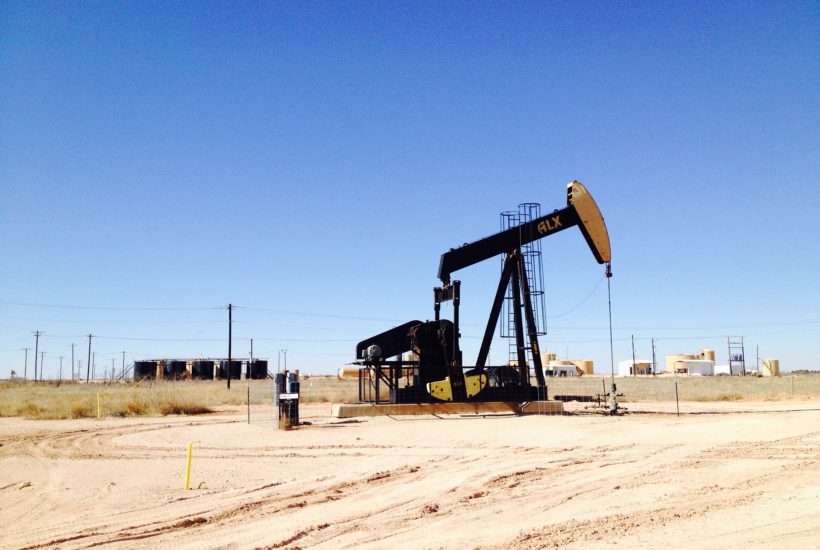
The president of the national oil company (NOC) in Libya, Mustafa Sanalla, said he was concerned about the presence since Friday, June 26th, of “foreign armed men” in al-Charara.
It was through a statement on its website that the NOC signalled this fact and expressed its concern, saying that it was “deeply concerned about the presence of Russian and foreign mercenaries on the al-Sharara oil field”. According to the statement quoted by AFP, a convoy of “dozens of vehicles entered the site on Thursday evening, June 25th.”
Download for free our companion app and read the latest financial headlines from around the world. Born2Invest mobile app makes it easy for you to keep informed, to intuitively move from story to story, and from section to section. Our clean design lets you read articles without clutter, and use the app with no limits on how many articles you can view.
The al-Charara field produces 315,000 barrels per day
After months of stoppage, the field, under the control of Marshal Khalifa Haftar, a Libyan businessman, had resumed production in early June and was again blocked three days later by pro-Haftar militiamen.
Located in the Oubari region (about 900 kilometers south of Tripoli), al-Charara is run by Akakus, a joint venture between the NOC, Spain’s Repsol, France’s Total, Austria’s OMV and Norway’s Statoil. It usually produces 315,000 barrels per day, out of a national production of more than one million barrels per day, according to the NOC.
The Libyan oil that is lacking on the international market
Libya has the most abundant oil reserves in Africa and its fragile economy is largely dependent on oil revenues. However, the country has been undermined by violence and power struggles since the fall of Muammar Gaddafi’s regime in 2011.
Two rival authorities are vying for power: Fayez al-Sarraj’s Government of National Unity (GNA), established in Tripoli under a UN-sponsored agreement, and a power embodied by Khalifa Haftar, supported by Russia, Egypt and the Emirates. Many oil sites have been blocked since January by Haftar, who intended to use the case as leverage in talks with the GNA.
The resumption of oil production in Libya can benefit other oil-producing countries
In the context of this conflict, Russia denies playing a role in the presence of Russian mercenaries. However, in May, a UN expert report confirmed the presence in Libya of mercenaries from the Wagner group, reputed to be close to Russian President Vladimir Putin. A few weeks ago, the GNA, supported by Turkey, regained control of the entire northwestern part of the country.
Russian mercenaries then withdrew from south of Tripoli and retreated further south, according to the GNA and other corroborating sources. NOC boss Mustafa Sanalla denounced “attempts by foreign countries to prevent the resumption of oil production.” These countries “take advantage of the absence of Libyan oil on world markets” and, while they “publicly and cynically” regret the halt in production, they “support behind the scenes those who are blocking it,” he added.
__
(Featured image by jwigley via Pixabay)
DISCLAIMER: This article was written by a third party contributor and does not reflect the opinion of Born2Invest, its management, staff or its associates. Please review our disclaimer for more information.
This article may include forward-looking statements. These forward-looking statements generally are identified by the words “believe,” “project,” “estimate,” “become,” “plan,” “will,” and similar expressions. These forward-looking statements involve known and unknown risks as well as uncertainties, including those discussed in the following cautionary statements and elsewhere in this article and on this site. Although the Company may believe that its expectations are based on reasonable assumptions, the actual results that the Company may achieve may differ materially from any forward-looking statements, which reflect the opinions of the management of the Company only as of the date hereof. Additionally, please make sure to read these important disclosures.
First published in Le Point, a third-party contributor translated and adapted the article from the original. In case of discrepancy, the original will prevail.
Although we made reasonable efforts to provide accurate translations, some parts may be incorrect. Born2Invest assumes no responsibility for errors, omissions or ambiguities in the translations provided on this website. Any person or entity relying on translated content does so at their own risk. Born2Invest is not responsible for losses caused by such reliance on the accuracy or reliability of translated information. If you wish to report an error or inaccuracy in the translation, we encourage you to contact us.

-

 Crowdfunding1 week ago
Crowdfunding1 week agoSpain’s Real Estate Crowdfunding Boom: Opportunity, Access, and Hidden Risks
-

 Fintech3 days ago
Fintech3 days agoDruo Doubles Processed Volume and Targets Global Expansion by 2026
-

 Impact Investing1 week ago
Impact Investing1 week agoIntesa Sanpaolo’s 2026–2029 Growth and ESG Strategy
-

 Business1 day ago
Business1 day agoTopRanked.io Weekly Affiliate Digest: What’s Hot in Affiliate Marketing [Health Trader Affiliate Program Review]
